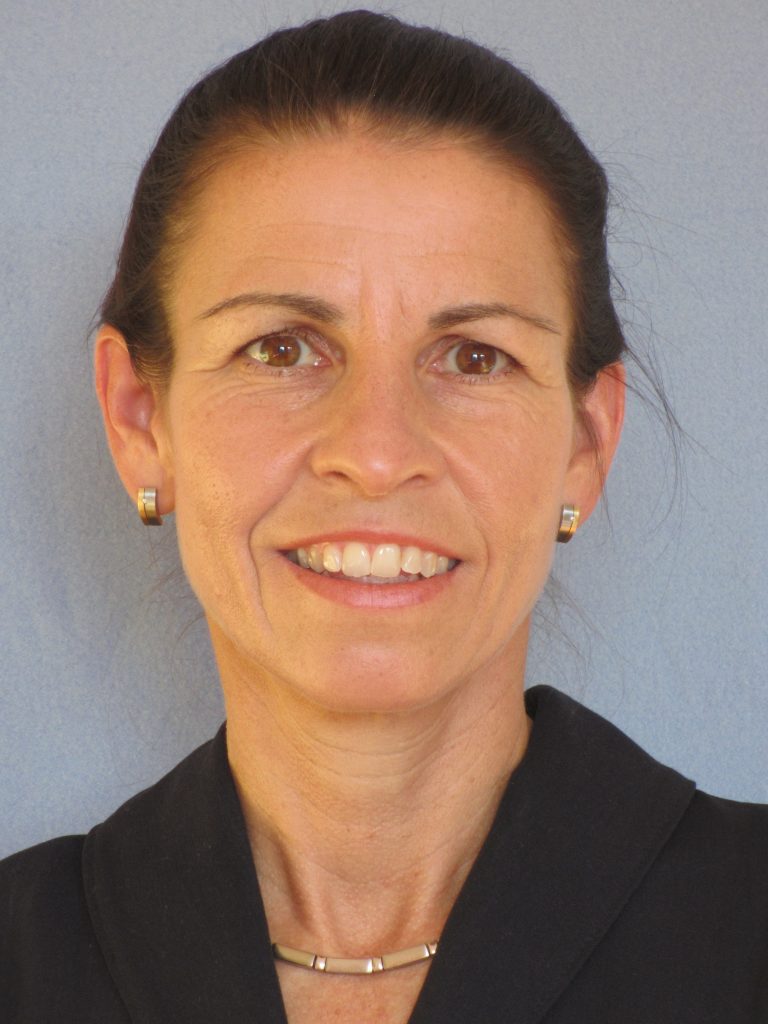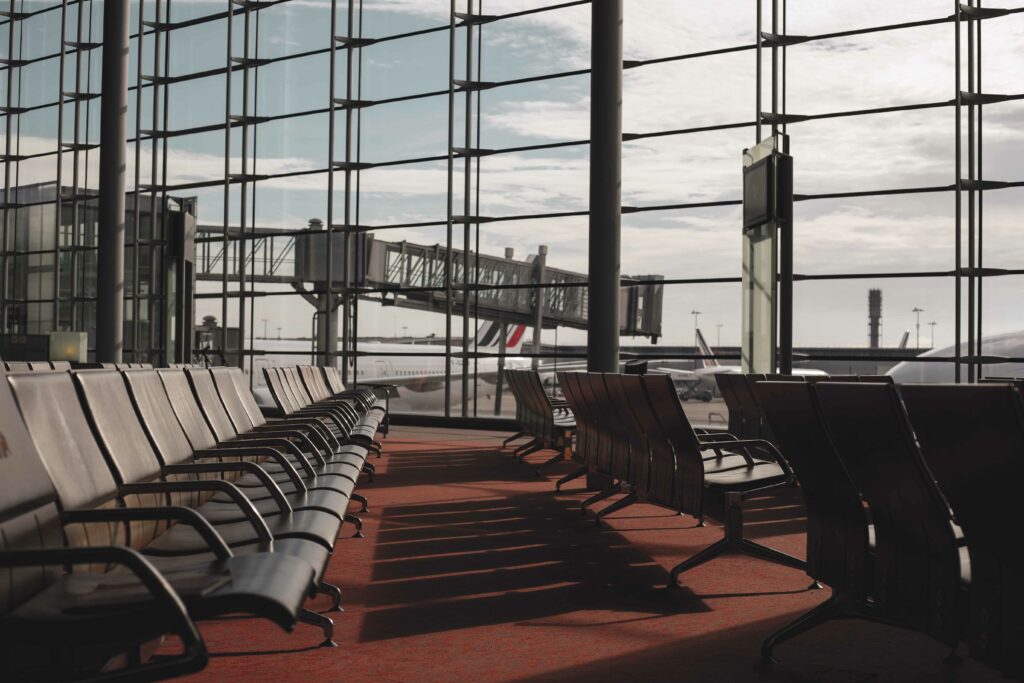Hennig, E., Sommerhalter, D., and Altschuh, B. “New Infrastructures: Cross-Linked, Energy Efficient Industrial Areas”
The paper “New Infrastructures: Cross-Linked, Energy Efficient Industrial Areas” (Hennig, E., Sommerhalter, D., and Altschuh, B.) will be presented at the 6th Florence Conference on the Regulation of Infrastructure (16 June 2017).
ABSTRACT
Summary
Through the joint implementation of new efficiency modules and an improved network of businesses and installations in three participating industrial parks in the German Oberrhein region, the infrastructure and the industrial base should be modernized and further developed. This strengthens the exchange between stakeholders, communities and research institutions and is the basis for further development and innovation.
To implement these project objectives an infrastructure support company is established, which invests in addition to existing energy conversion systems and supply networks in own, new and common infrastructure and additional communication elements. The company operates the innovative infrastructure and uses the information obtained from the network for the development of the industrial parks and its businesses. Companies in the region are able to participate in the infrastructure company to open, transparent and non-discriminatory terms; they can use the new infrastructure under just such conditions.
Starting position
The Oberrhein region is leading the way to a more renewable, efficient and smart energy supply and consumption. However, many individual projects do not yet use the full potential of a harmonized overall system, because
- many single solutions are not coordinated with other measures,
- infrastructure operators cannot link the industrial areas and companies due to regulatory and economic reasons,
- suppliers and developers of new technology lack the critical size of users to make pilot projects economically feasible,
- research facilities depend on laboratory studies instead of using real life infrastructures and use cases to test future solutions, and
- small businesses do not have the resources to cooperate with regional research facilities or larger companies.
Project goal
The project goal is to implement and evaluate new infrastructure technologies and “efficiency modules” with
- participating industrial companies,
- infrastructure operators and energy suppliers,
- contributing technology partners, who develop new technologies and solutions, as well as
- research partners, who ensure the knowledge transfer from science to practice.
By this, the project links the infrastructure sectors of energy supply and climate, information and communication technology as well as public services.
The aim of the project is to create a network of the industrial parks of Freiburg, Lahr and Offenburg in the Oberrhein region in order to link
- energy consuming and generating components and appliances within industrial companies,
- different companies in the same industrial park, and
- the three participating industrial areas with each other (see Figure 1).
The industry network in the participating industrial areas, for example, includes companies from the pharmaceutical, automotive, electronics, logistics, retail or plastic production sector. The project can reach and connect a representative amount of companies in the Oberrhein region.
ABOUT THE AUTHORS
Eva Hennig, studied Mechanical Engineering at TU Munich. She was with Thüga AG in Munich since 1989 in various positions. Active in the field of DSO regulation gas and electricity, energy efficiency and smart grid. Head of Department for Policy Issues. Since 2006 member of the gas coordination group of the German associations dealing with the German gas grid codes. Since 2012 chair of the Eurogas Distribution Committee.
DOWNLOAD
Presentation by Eva Henning







